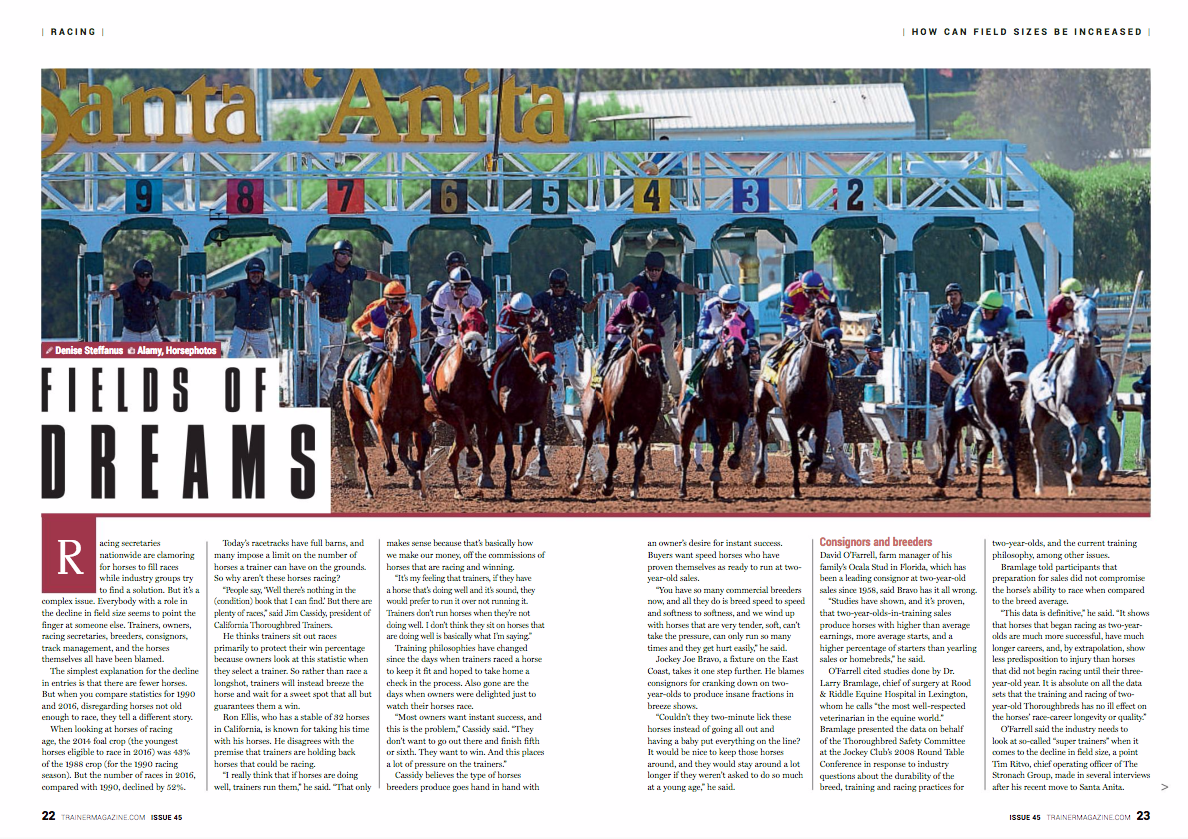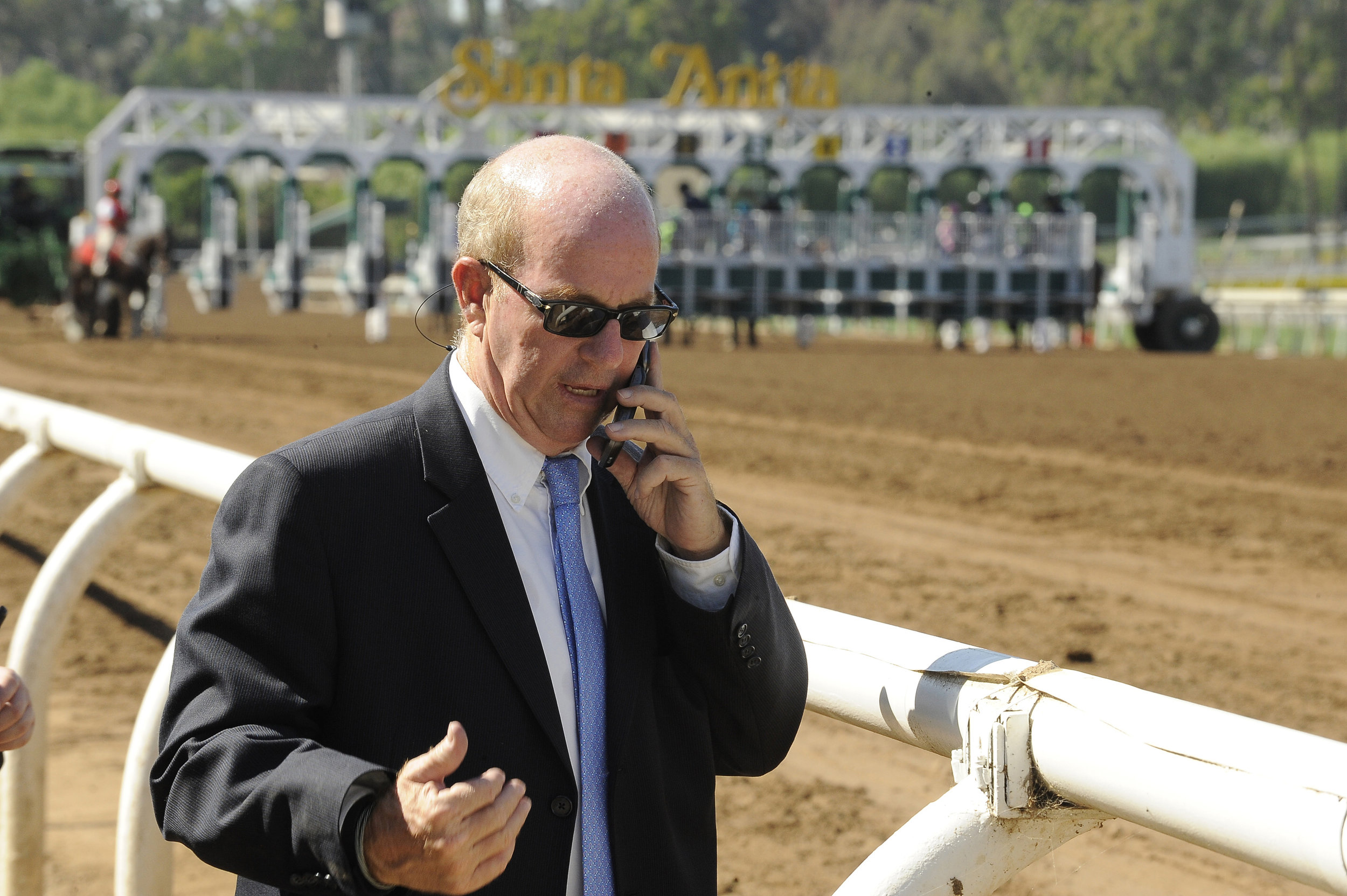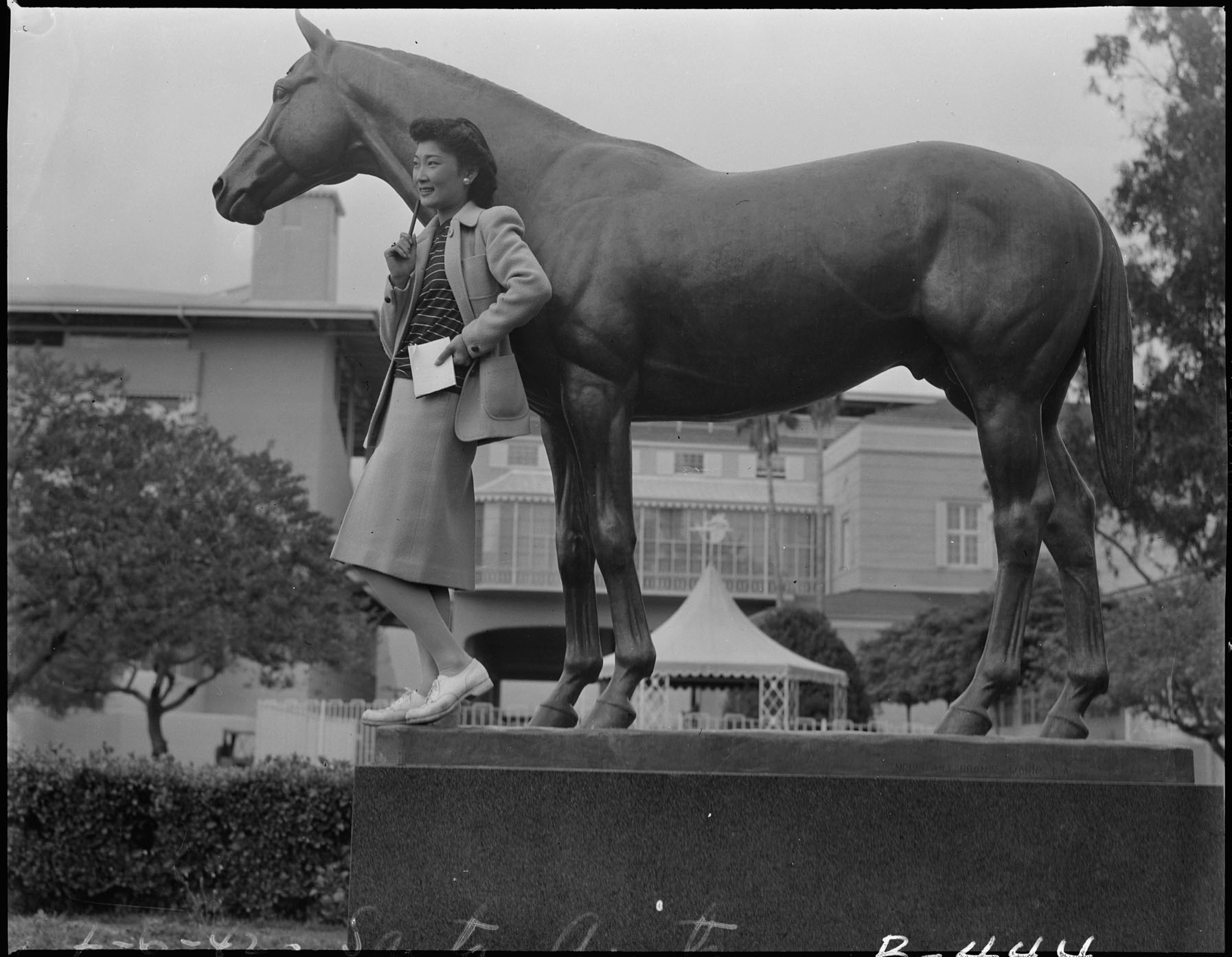Fields of Dreams
FIRST PUBLISHED IN NORTH AMERICAN TRAINER AUGUST - OCTOBER 2017 ISSUE 45
Click here to order this back issue!
PHOTO GALLERY
Racing secretaries nationwide are clamoring for horses to fill races while industry groups try to find a solution. But it's a complex issue.
Everybody with a role in the decline in field size seems to point the finger at someone else. Trainers, owners, racing secretaries, breeders, consignors, track management, and the horses themselves all have been blamed.
The simplest explanation for the decline in entries is that there are fewer horses. But when you compare statistics for 1990 and 2016, disregarding horses not old enough to race, they tell a different story.
When looking at horses of racing age, the 2014 foal crop (the youngest horses eligible to race in 2016) was 43% of the 1988 crop (for the 1990 racing season). But the number of races in 2016, compared with 1990, declined by 52%.
Today's racetracks have full barns, and many impose a limit on the number of horses a trainer can have on the grounds. So why aren't these horses racing?
"People say, 'Well there's nothing in the [condition] book that I can find.' But there are plenty of races," said Jim Cassidy, president of California Thoroughbred Trainers.
He thinks trainers sit out races primarily to protect their win percentage because owners look at this statistic when they select a trainer. So rather than race a longshot, trainers will instead breeze the horse and wait for a sweet spot that all but guarantees them a win.
Ron Ellis, who has a stable of 32 horses in California, is known for taking his time with his horses. He disagrees with the premise that trainers are holding back horses that could be racing.
"I really think that if horses are doing well, trainers run them," he said. "That only makes sense because that's basically how we make our money, off the commissions of horses that are racing and winning.
"It's my feeling that trainers, if they have a horse that's doing well and it's sound, they would prefer to run it over not running it. Trainers don't run horses when they're not doing well. I don't think they sit on horses that are doing well is basically what I'm saying."
Training philosophies have changed since the days when trainers raced a horse to keep it fit and hoped to take home a check in the process. Also gone are the days when owners were delighted just to watch their horses race.





